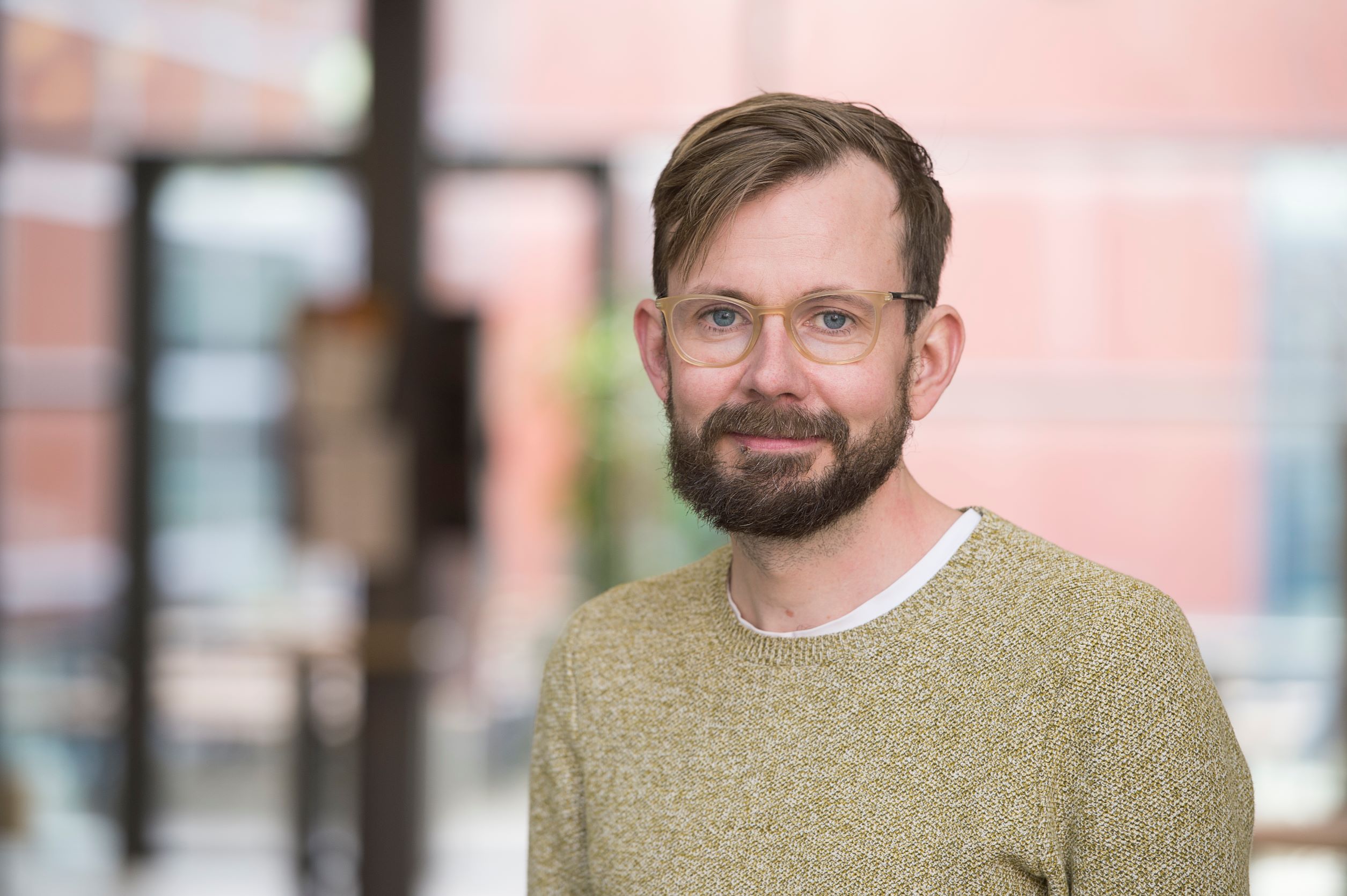“Didactics is a powerful tool when reflecting about one's own teaching”

Johannes Rytzler has also recently published a book together with Gunnlaugur Magnússon, Associate Professor of Education at Uppsala University and Researcher at the University of Oslo; ”Towards a Pedagogy of Higher Education – The Bologna process, Didaktik and Teaching”.
Didactics, or the doctrine of teaching, is a powerful tool for teachers at all education levels to reflect about their own teaching. This also applies to teachers in higher education, where knowledge, democracy and participation should be key words. This is the opinion of Johannes Rytzler, Senior Lecturer in teaching and learning at Mälardalen University.
“Didactics is a powerful tool when reflecting about one's own teaching. Both from a subject perspective and from a more educationally oriented perspective (with a focus on students' participation during the teaching). Even though teaching can be seen as a craft, didactics can offer concepts and models that can help enhance teachers' embodied or implicit knowledge,” he says.
Johannes Rytzler has also recently published a book on the subject together with Gunnlaugur Magnússon, Associate Professor of Education at Uppsala University and Researcher at the University of Oslo. In the book they describe how didactics work both as a thought tool for teachers to use in their teaching and as a theoretical perspective where the teacher's specific subject knowledge and the subject itself are important aspects.
Higher education has fulfilled various functions since the Middle Ages
They address how important it is that teachers in higher education are given the scope to reflect on their teaching, but also on the relationship between higher education and the surrounding community.
“Since the Middle Ages, higher education, and especially the university, has fulfilled various functions in society regarding knowledge preservation and knowledge development. One could say that today's modern universities bear the traces of previous ideas and notions of higher education, some of which are worth preserving and letting live on,” says Johannes Rytzler.
Criticism of how today's teaching is designed
Also in the book, they criticise how today’s higher education is designed and how this can inhibit teachers.
“There has been a conformity in higher education, something that several researchers have identified. This conformity has taken place partly through the Bologna Process (how higher education is formalised in Europe for increased transparency and student mobility), and partly through the marketing and instrumentalisation of higher education. In this, actual or (expected) benefits have taken precedence over educational aspects, interest in knowledge and human curiosity, dimensions of higher education which are therefore at risk of being lost,” says Johannes Rytzler.
In what way do you hope that your research will help solve the problems that exist in higher education today?
“We are hoping that the book will encourage discussions about the role of higher education in society, what it means to be a teacher in higher education and, following on from this, mobilise a counter-movement that promotes higher education where knowledge, democracy and participation are key words.”
On 22 April, the University Library in Eskilstuna is arranging a book launch of Johannes Rytzler and Gunnlaugur Magnússon's book "Towards a Pedagogy of Higher Education – The Bologna Process, Didaktik and Teaching".
Contact Information
